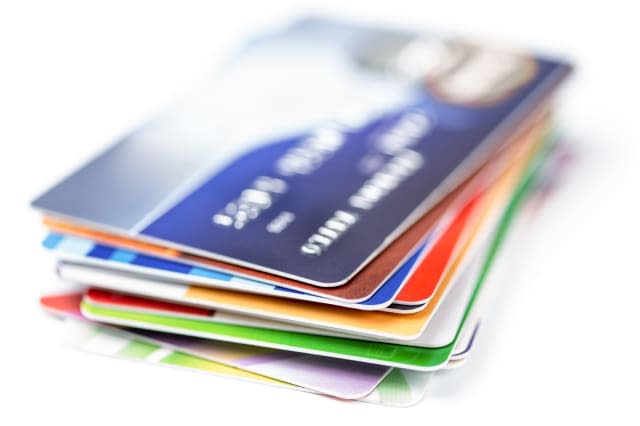Consumers warned after increase in card identity theft

Consumers are being urged to watch out for growing numbers of scams trying to trick them into handing over their personal details.
The warning came as new figures showed a jump in losses due to card identity theft as well as online and telephone banking fraud.
The figures from Financial Fraud Action UK (FFA-UK) showed that losses due to telephone banking fraud have nearly doubled over the last year - from £7.4 million in the first half of 2014 to £14.4 million between January and June 2015.
Meanwhile, losses due to online banking fraud increased by 27% year-on-year to reach £51.2 million in the first half of 2015.
Losses due to card identity theft, where a fraudster either sets up an account in someone else's name or takes over an existing account using stolen information, were up by 28% on the first six months of 2014, with £18.8 million-worth of losses in the first six months of 2015.
FFA-UK, whose members include banks and card issuers, said that a key driver behind the figures is an increase in scams in which fraudsters target people to steal their personal and financial information, which can then be used to commit identity theft.
It also said that banks and card companies' security systems detected - and prevented - a total of £910.9 million-worth of attempted card, online and telephone banking and cheque fraud from taking place in the first half of 2015.
Katy Worobec, director of FFA-UK, said: "Banks use sophisticated security systems to protect their customers, stopping over two-thirds of fraud from occurring. However, the industry is never complacent and banks are continuously improving the tools they use to beat the evolving threat of fraud.
"Fraudsters are now attempting to trick people into handing over passwords, Pins and passcodes - the keys to the door - so it's vital that customers safeguard their personal and financial information.
"Criminals impersonate many different organisations, including banks, the police, government departments and utility companies."
Detective Chief Inspector Perry Stokes, head of the Dedicated Card and Payment Crime Unit, said anyone getting a call, text or email out of the blue asking for their details or to transfer money, should not respond and instead report it to their bank straight away.
Here are some tips from FFA-UK to avoid becoming a fraud victim:
- Be aware that your bank or the police will never phone you to ask for your four-digit card Pin or your online banking password, even by tapping them into the telephone keypad, or ask you to withdraw money to hand over to them for safe-keeping.
And they will never send someone to your home to collect your cash, Pin, payment card or cheque book if you are a victim of fraud.
- Ensure you have the most up-to-date security software installed on your computer, including anti-virus. Some banks offer free security software. Check your bank's website for details.
- Only shop on secure websites. Before entering card details ensure that the locked padlock or unbroken key symbol is showing in your browser.
- Make sure you are the only person who knows the Pin for your card.
- Rip up or preferably shred statements, receipts and documents that contain information relating to your financial affairs when you dispose of them. Some banks offer paperless statements.
More on AOL Money:
Top five lottery facts you never knew
Crash-for-cash scam men to be sentenced
Are you paying the right council tax?





